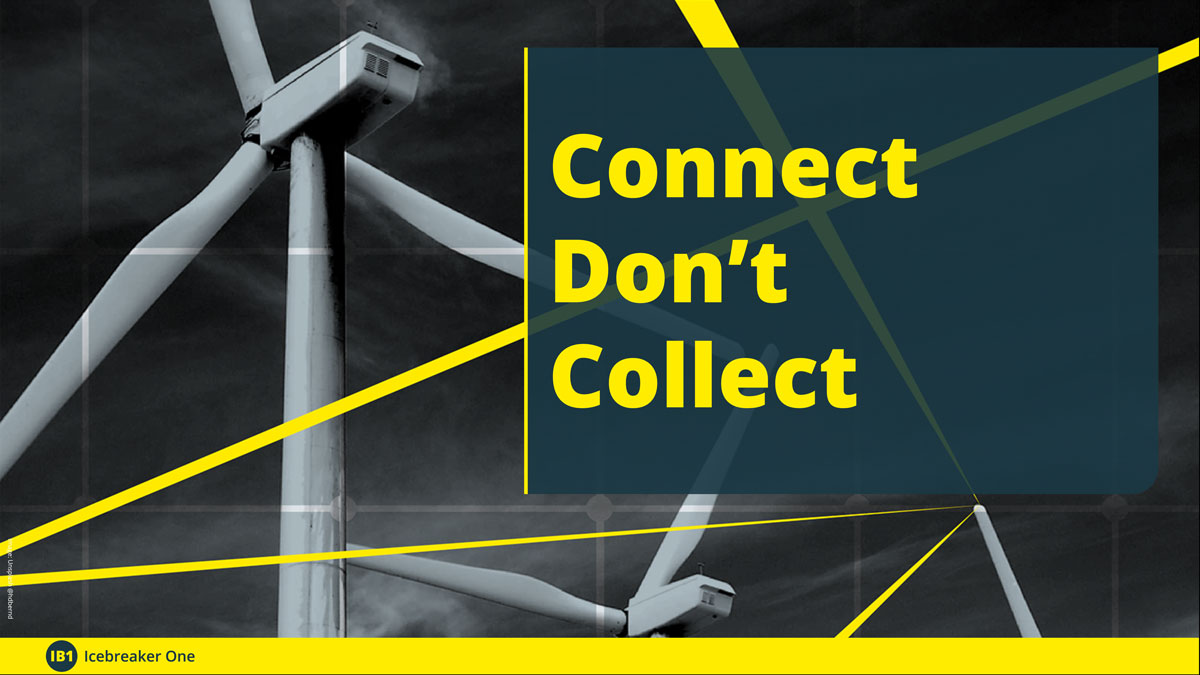We contributed, as a panelist, to the G7 Workshop on relevant product information for circular economy — exploring examples of how to enable data sharing across the economy; to address trust across ecosystems; develop open standards and interoperability (technical, legal and policy); to demonstrate ways that policy and approaches can be applied across and between countries.
Outcomes we highlighted included Open Standards and Trust Framework(s):
- A clear, trusted, impactful and detailed governance framework that enables government, businesses across sectors, consumers and third-party developers to understand the potential of open access to data.
- Detailed descriptions of the application of the framework in practice, based on user needs and use cases.
- Delivery of Search and Governance as industry-facing operational services that instil trust.
This is part of a contribution towards the implementation of the G7 ARE’s Berlin Roadmap 2022-2025 during Japan’s Presidency of the G7 in 2023.
In 2019, the Environment Ministers’ Communique outlined the need for broad ecosystem collaboration to improve resource efficiency. The communique recognised the burden associated with complex and often divergent reporting frameworks. It also envisioned product-level, transparent emissions reporting and data exchange across the value chain.
The Berlin Roadmap for the G7 Alliance on Resource Efficiency (G7 ARE) (2022-2025) emphasizes the need for the exchange of granular, high-quality environmental information to prevent greenwashing. The roadmap leverages best practices and identifies gaps and pain points that hinder progress.

G7 goals and legislation
The G7 is aligned in its ambitious goals to decarbonise, drive resource efficiency and enhance biodiversity, and it acknowledges the pivotal role that these goals play in achieving sustainable development.
Discussions have included:
• the status quo and challenges concerning the exchange of product data
• the role of cooperation in addressing gaps and potential synergies in ongoing initiatives
• how can policymakers support progress
